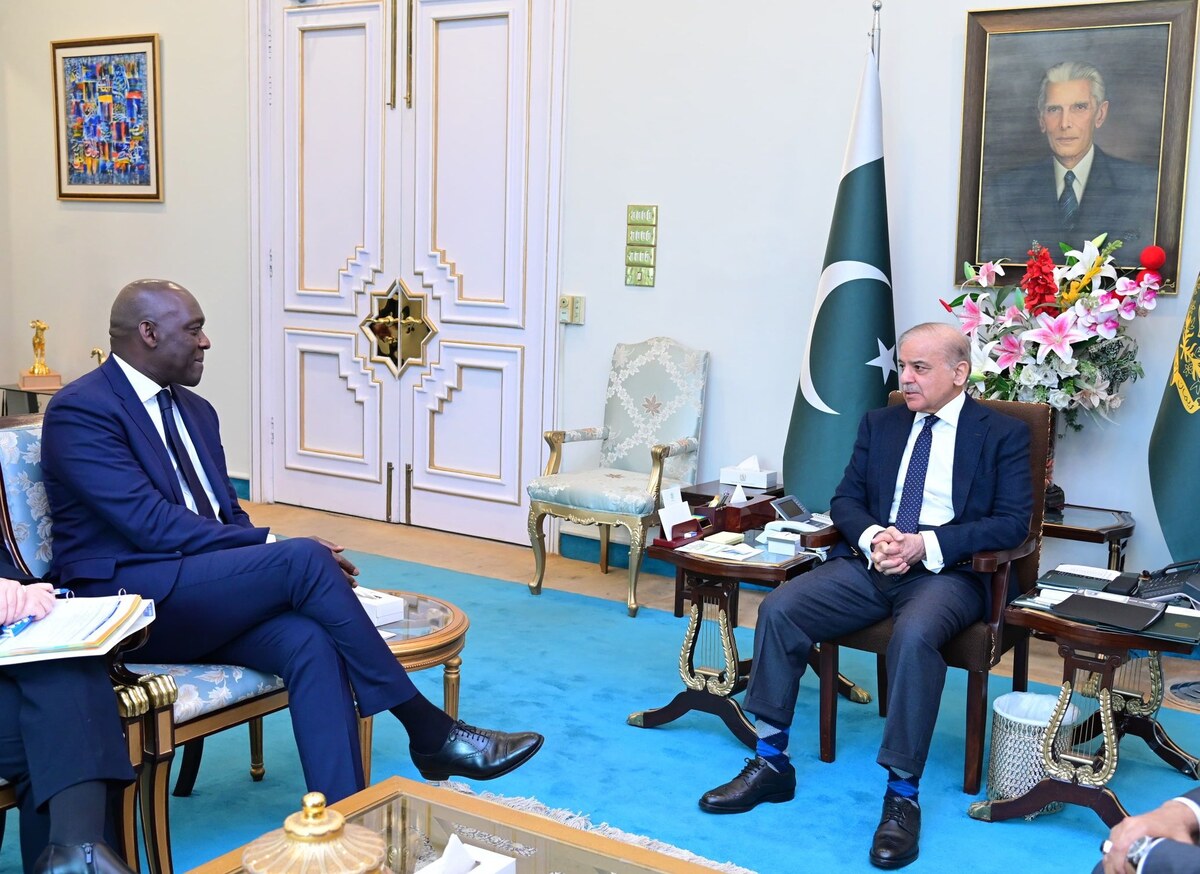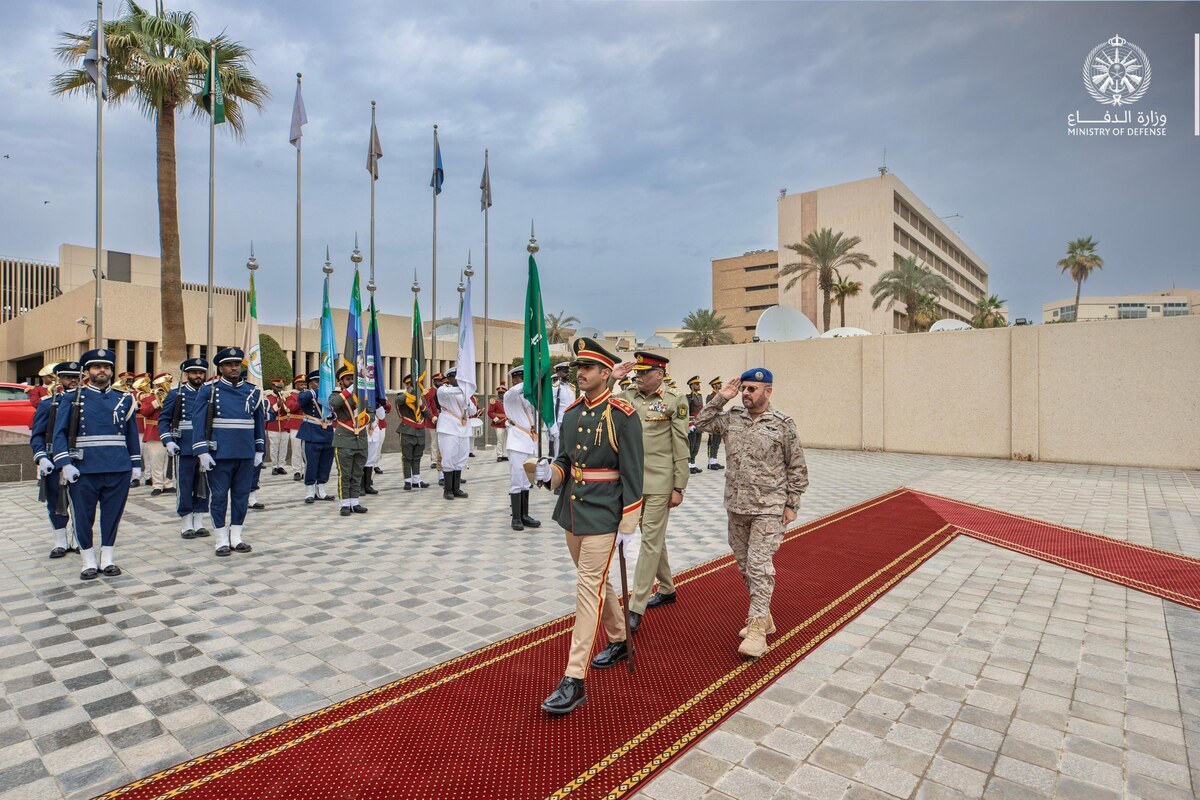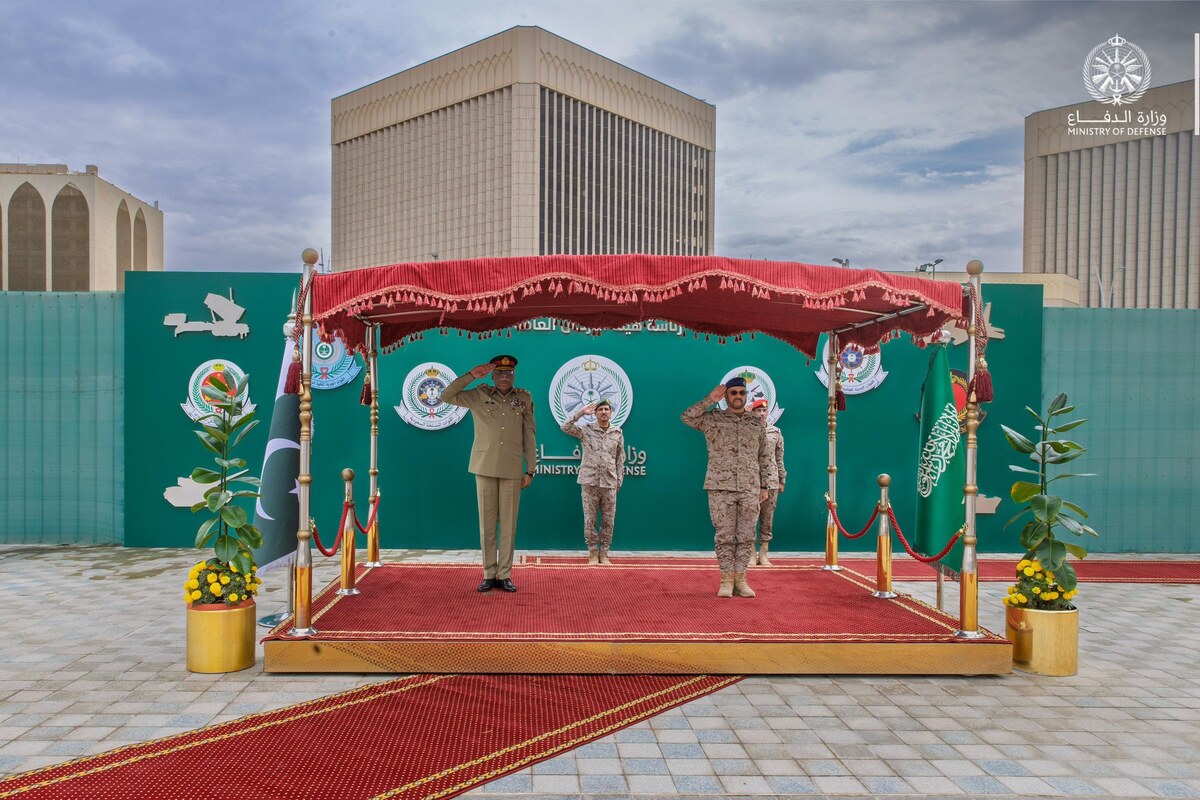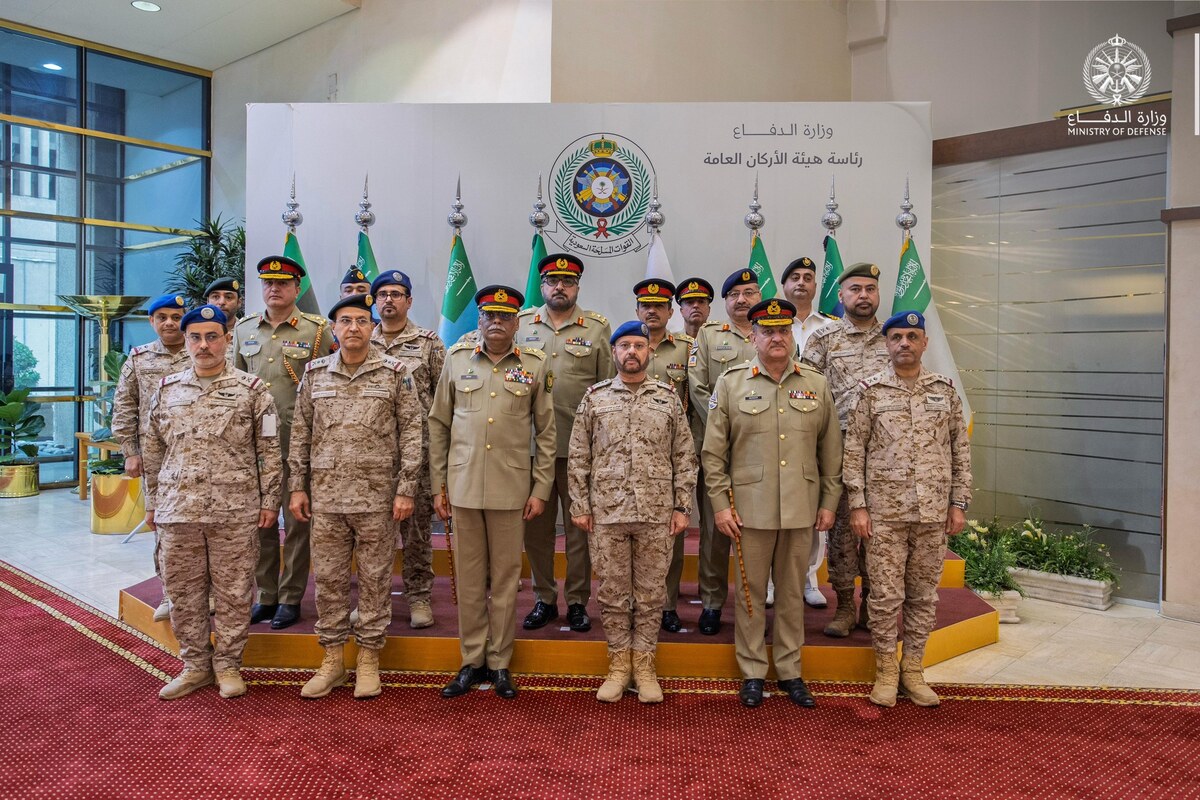KARACHI: Prime Minister Shehbaz Sharif on Friday urged the International Finance Corporation (IFC) to enhance its support in key sectors during a high-level delegation visit, weeks after the World Bank pledged $40 billion in assistance to the South Asian country.
The IFC, a member of the World Bank Group, is the largest global development institution focused on the private sector in emerging markets.
The World Bank last month announced a decade-long Country Partnership Framework (CPF) for Pakistan, marking the unprecedented commitment, including $20 billion in sovereign lending through the International Development Association and the International Bank for Reconstruction and Development. The IFC will mobilize an additional $20 billion to spur private sector investments in Pakistan.
“The Prime Minister lauded IFC’s role in fostering private sector investments and expanding its portfolio in Pakistan,” said a statement circulated by Sharif’s office after the meeting with IFC Managing Director Makhtar Diop, who is leading the delegation. “He encouraged IFC to enhance its support under key areas including infrastructure and logistics, outsourcing of large airports, agriculture, information technology, mining, climate resilience, health care, and water & sanitation.”

Pakistan Prime Minister Shehbaz Sharif speaks during a meeting with the International Finance Corporation Managing Director Makhtar Diop in Islamabad on February 14, 2025. (PMO)
“He also encouraged IFC to enhance collaboration with the private sector arms of other multilateral institutions for maximizing private sector participation in the development process and achieving greater impact,” the statement added.
The prime minister emphasized the need for export-led growth and called for the digitization of Pakistan’s economic ecosystem. He also highlighted ongoing digitization efforts within the Federal Board of Revenue (FBR) to streamline financial and economic processes.
Diop agreed with Sharif, according to the statement, by stressing the need for increased private sector investment in Pakistan’s road and power sector infrastructure, particularly transmission lines, airport services and wheat storage facilities such as silos to strengthen exports.
He also underscored the importance of private investment in water, health care and sanitation, with necessary social safeguards, to ensure sustainable economic growth.
The IFC official commended Pakistan’s engagement with the International Monetary Fund (IMF) and ongoing economic reforms. He noted that the government’s efforts to create an enabling environment for private sector operations had boosted investor confidence. He assured Sharif of the IFC’s continued support, aligned with Pakistan’s development priorities.
Earlier in the day, Diop and his team met with Finance Minister Muhammad Aurangzeb, who briefed them on Pakistan’s macroeconomic stability in terms of both debt and equity, as well as key structural reforms undertaken by the government, according to the finance ministry.
The World Bank’s lending program for Pakistan, set to commence in 2026, will focus on six core outcomes: improving education quality, tackling child stunting, boosting climate resilience, enhancing energy efficiency, fostering inclusive development, and increasing private investment.





















